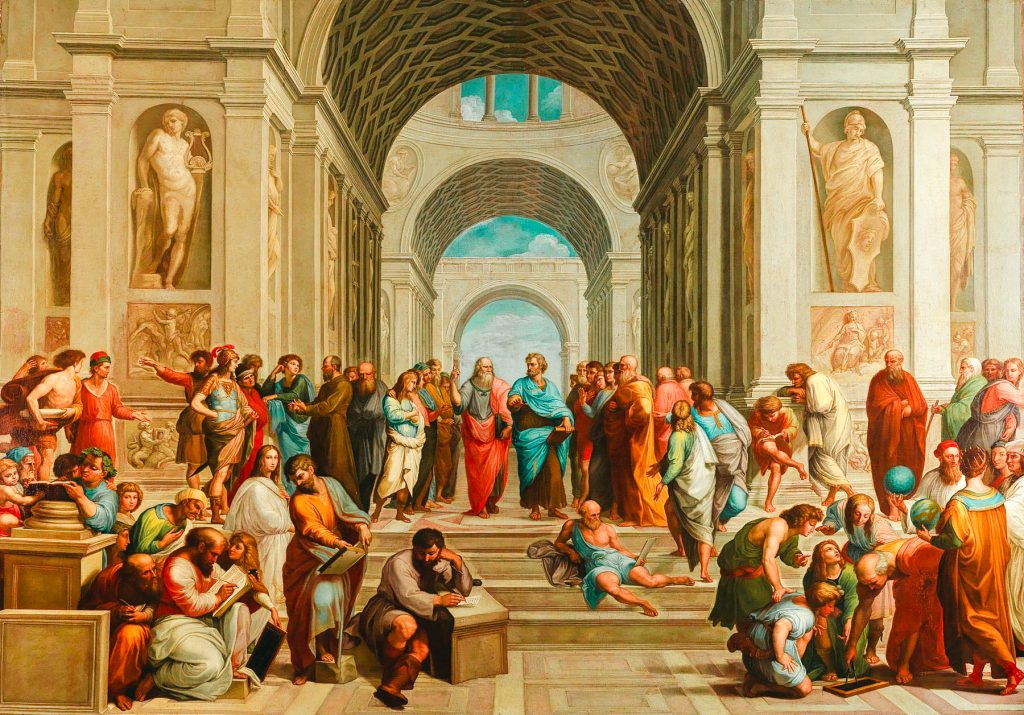Let me describe what my educational experience looks like as a biomedical sciences major. I go to a lecture. I listen to information I don’t understand and am not expected to understand. I try to capture the words on the PowerPoint as much as possible. I memorize the words and images on 250 slides of PowerPoints for this unit’s test. I take the test and get a grade.
Then, I look back at the last four weeks of my life, and I struggle to find unique thoughts about the things I spent so much time studying.
I’ll say it plainly and simply, learning in STEM is not enough. An education shouldn’t only consist of memorizing facts and receiving a diploma testifying that you did so. An education should make you a better person, not just a more useful one; it should teach you how to think critically, how to articulate your thoughts and how to ask “why?”
A liberal arts education should ideally teach you how to learn, think and express your thoughts in an articulate manner. Without knowing how to think and express one’s thoughts well, one can never approach the “why” of learning, and most certainly can never reach the truth. The sciences need history, philosophy, art and literature to give them meaning and purpose, otherwise they only consist of empty facts that have no meaning or content. As the German philosopher G. F. W. Hegel said, “Let the other sciences try to argue as much as they like without philosophy — without it, they can have in them neither life, nor Spirit, nor Truth.”
The humanities teach us how to be human and what it is to think and to learn. For example, let’s examine literature, one of the key subjects of the humanities. A standard literature class consists mostly of reading books and writing papers about them. Importantly, though, a good literature class places emphasis on comprehension, analysis and critique, where the student takes the information in the book into their own hands. This facilitates the process of engaging with the ideas of the author and coming up with unique and personal responses to those ideas, which is exactly the kind of skill that any educational institution should seek to cultivate.
Let’s take a look at history next — in my opinion, the most important of all of the humanities. In the study of history, a student learns how to examine several sources and distinguish facts from personal opinions, how to observe cultural trends and idealistic movements over time, and how to apply the lessons from the successes and failures of past civilizations to today’s circumstances. Also, just like in the study of literature, there tends to be a lot of writing, which gives students practice with the art of putting their thoughts onto paper, making the abstract movements of their minds concrete.
Of course, the most important application of the humanities to STEM majors is the “why.” Understanding the reasoning and the truth behind the facts that we so desperately memorize is the key to giving purpose and meaning to what we learn through science. It’s all well and good to become a doctor, but what does it matter if you know how to save somebody’s life if you don’t truly understand the reason that person’s life is valuable and ought to be saved? Ethics, morality, metaphysics and all the tools we use to find out the truth behind scientific facts are all included in the humanities. Subjects like history and philosophy in particular are critical to understanding how we came to discover many of the scientific facts that we know and why they matter. The lack of attention paid to subjects such as these in the STEM curriculum is startling, given their fundamental importance.
The lesson here is this: the humanities teach us how to be human by giving us understanding, truth and purpose. It is for this reason that I think the humanities should be more emphasized in this education.
Litchford is an opinion writer for the Liberty Champion
